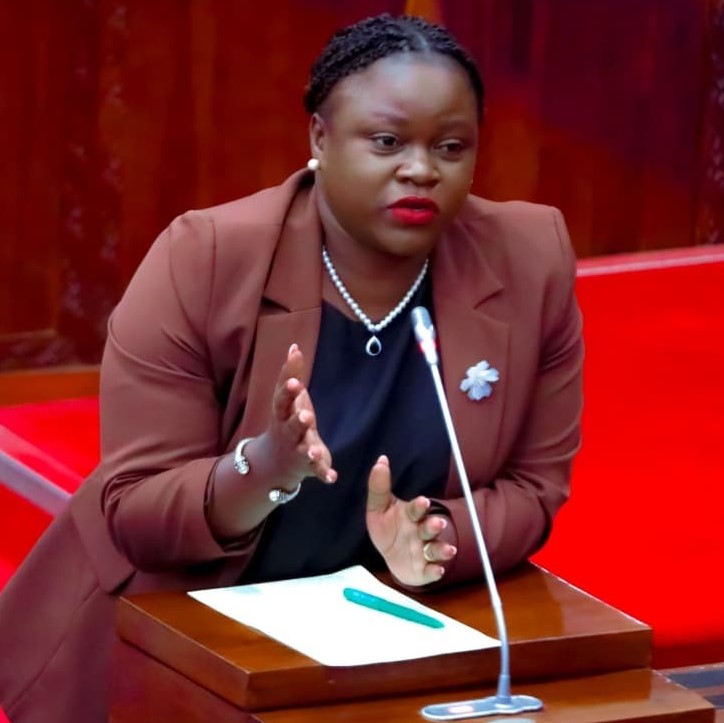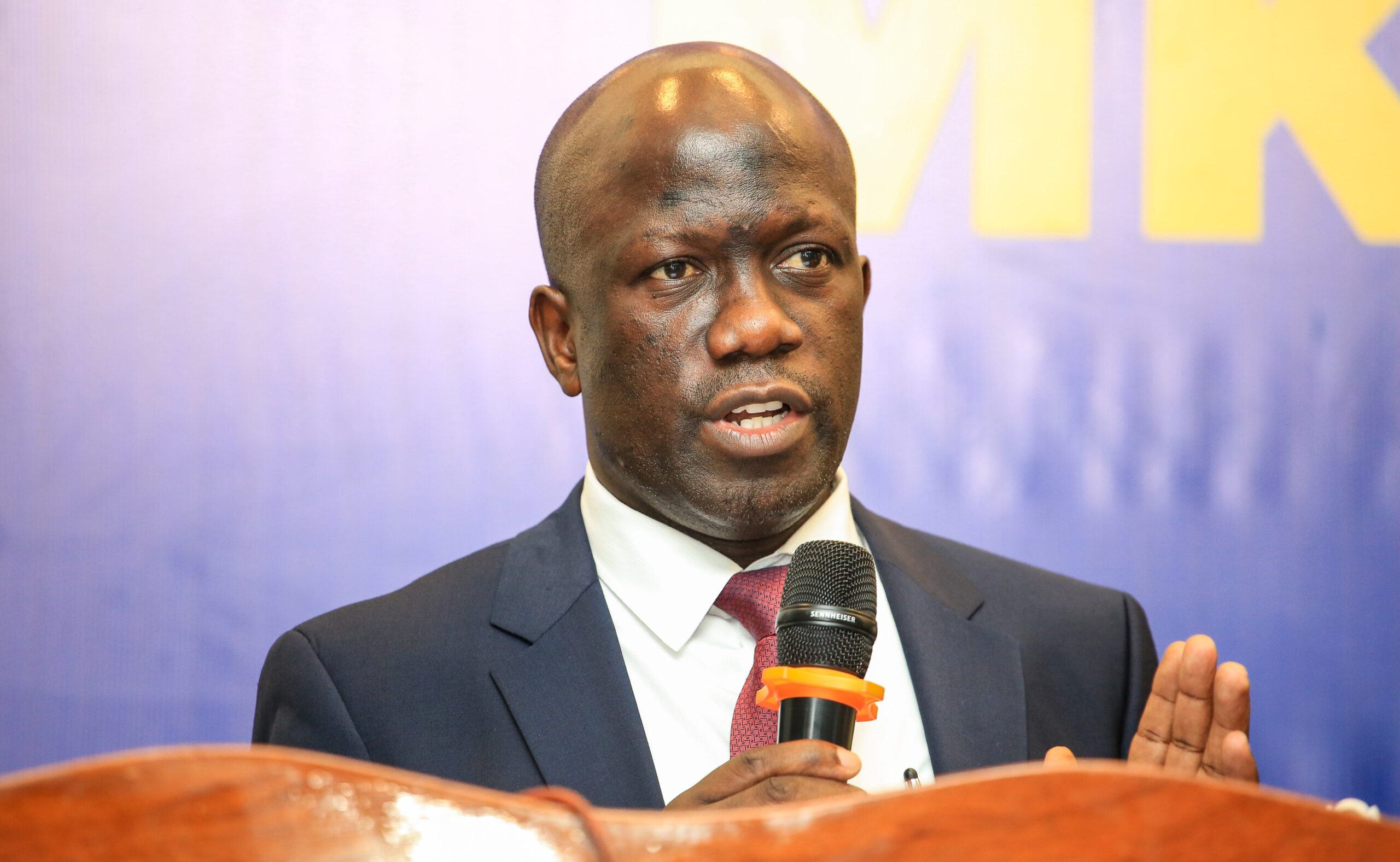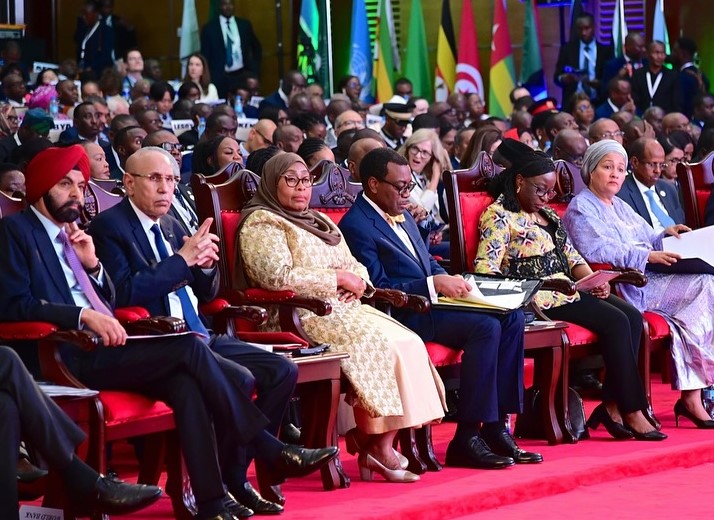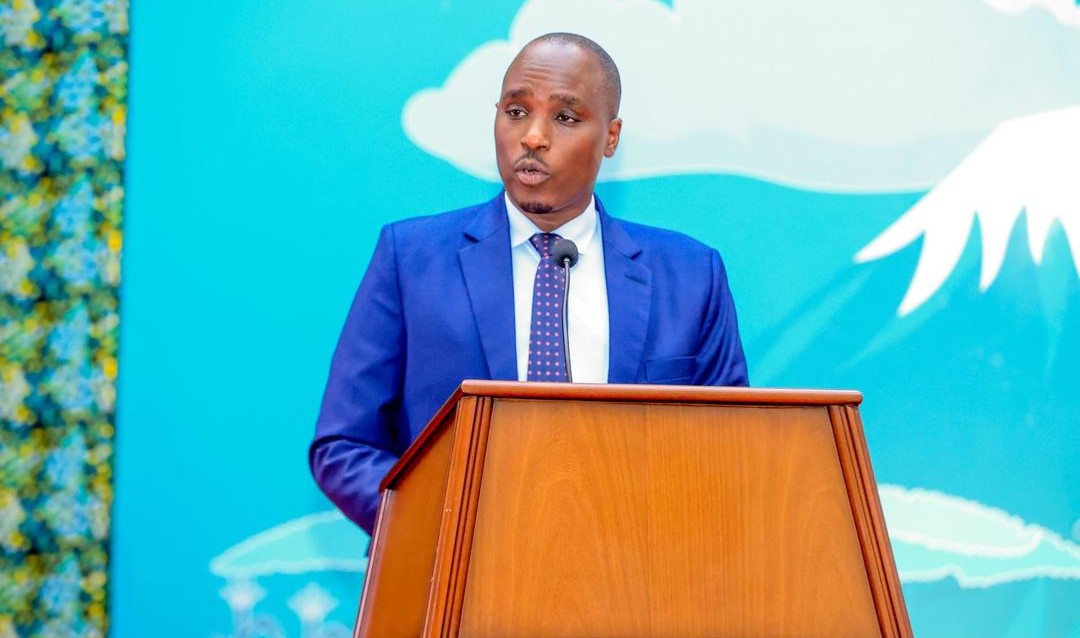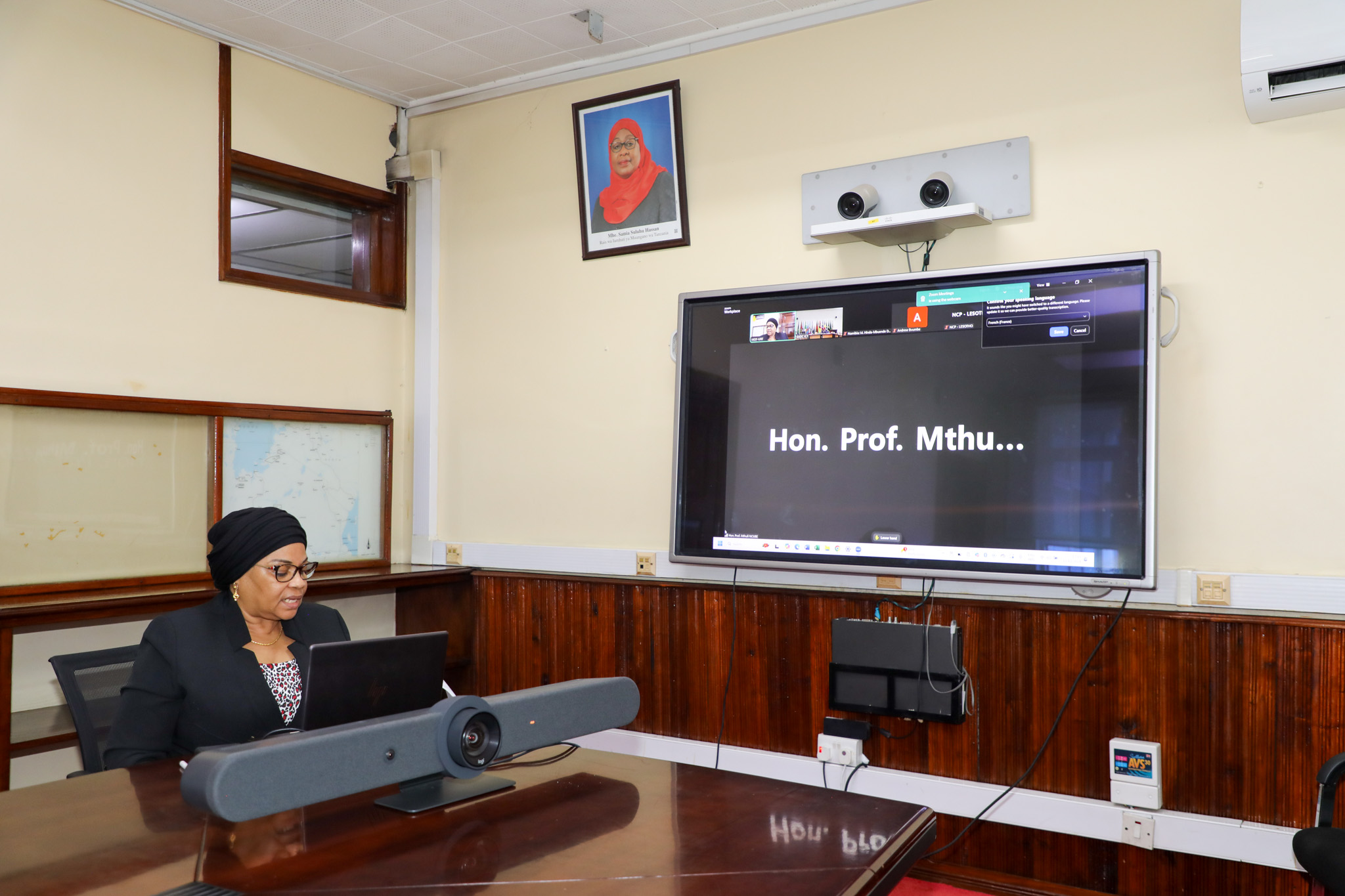Dodoma. The Parliament has approved a total of Sh164.15 billion for the ministry of Lands, Housing and Human Settlements Development for the 2025/26 financial year, aimed at bolstering efforts in land identification, planning, surveying and titling across the country for diverse uses.
The budget estimates had been tabled in Parliament earlier in the day on May 29, 2025 by the minister for Lands, Housing and Human Settlements Development, Mr Deogratius Ndejembi who said the funds would support the Ministry’s mission of delivering equitable and efficient land services to Tanzanians, in line with broader national development goals.
A key highlight of the budget was the proposal to establish a Land Commission, which will serve as a central body to coordinate all land sector activities across ministerial, national and local government levels.
Mr Ndejembi said the move was long overdue and would bring much-needed order, efficiency and accountability to the sector.
“We have taken too long to establish a Land Commission. It is high time we ensured that our country is properly planned and surveyed. The Commission will enhance oversight and performance across the Ministry, the National Land Use Planning Commission, and local government authorities,” he stated.
He also disclosed plans to introduce a Real Estate Regulatory Authority (RERA) through a new Property Sector Law.
The Authority will be responsible for overseeing professional standards, managing sector data, coordinating stakeholders and curbing criminal activities such as money laundering.
“I urge all real estate stakeholders to register with the government to foster cooperation and sustainable growth in this vital economic sector,” said Mr Ndejembi.
In his contribution to the debate, Mtera MP, Mr Livingstone Lusinde, called on the ministry to ensure fairness in land service delivery and uphold justice, urging the sector to leave a lasting positive legacy for Tanzanians.
For the upcoming financial year, the ministry targets to collect Sh265 billion in revenue from land rent, fees, and various charges.
To realise this, the ministry will collaborate with the President’s Office—Regional Administration and Local Government (PO-RALG) through initiatives such as ensuring ownership of all surveyed plots through mechanisms including land clinics, which have been well received by the public and increasing public awareness campaigns on land rent obligations.
By May 15 2025, the ministry had issued 82,567 Certificates of Title (16.51% of the annual target), 152,667 Customary Right of Occupancy titles (29.36%), 204 Village Land Certificates (204%) and 464 Sectional Titles (46.4%).
It had also registered 115,754 land and legal transactions, surpassing the target by 15.75%.
In 2025/26, the ministry aims to issue 520,000 Customary Titles, 500,000 Certificates of Title, 100 Village Land Certificates, and 1,000 Sectional Titles.
Additionally, 100,000 land and legal transactions will be registered.
To facilitate these goals, the ministry will continue rolling out the e-Ardhi digital system in additional councils to accelerate land formalisation.
The system also enables better data integration, including matching landowner records with information from institutions such as NIDA and BRELA.
As of mid-May 2025, landowner data for 957,407 individuals had been updated, with an additional 500,000 targeted in 2025/26.
The ministry also intends to migrate analogue land ownership records to a digital format and expand the e-Ardhi system to 18 councils in Pwani and Morogoro regions.
This involves cleaning and converting geographical and file-based data, training users, and setting up ICT infrastructure across regional and district land offices by June 2027.
On dispute resolution, the ministry surpassed its 2024/25 goal by administratively resolving 5,801 land disputes against a target of 3,000.
A similar number of cases are expected to be handled in 2025/26.
The use of aerial photography for mapping remains a priority.
In 2024/25, the ministry planned to capture aerial imagery covering 1,000 square kilometres and update core and thematic maps.
By May 15, 2025, imagery had been captured over 123.89 square kilometres in Arusha and Dodoma regions.
Furthermore, 19 administrative boundary maps were prepared for Manyara, Arusha, Dodoma and Morogoro, and two maps for Chamwino and Dodoma Councils were ground-verified. The mapping initiative will continue in 2025/26.
To reduce land ownership costs and enhance tenure security, the government reviewed several regulations under the Land (Fees), Land Registration, and Land Survey frameworks in 2023.
Notable changes included:
- Reducing the land premium fee by 50% (from 0.5% to 0.25% of land value);
- Cutting Certificate of Title application fees by 75% (from Sh20,000 to Sh5,000);
- Halving Certificate preparation fees (from Sh50,000 to Sh25,000);
- Lowering land registration fees from 20% to 10%;
- Abolishing the fee for Deed Plan maps.
These reforms aim to ease the financial burden on citizens, promote secure land ownership, and facilitate greater participation in formal land markets.


